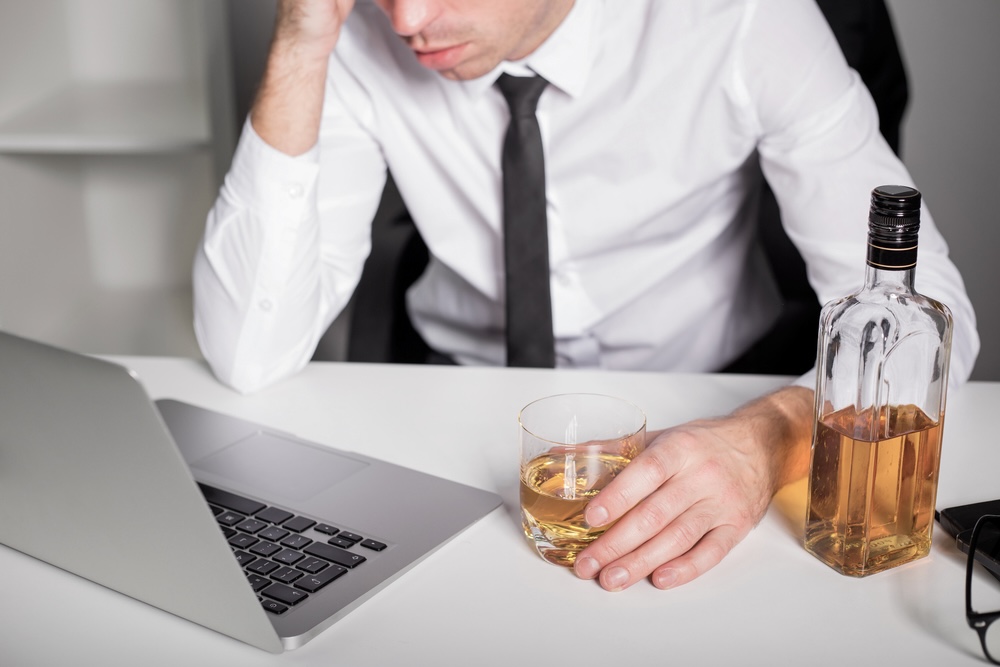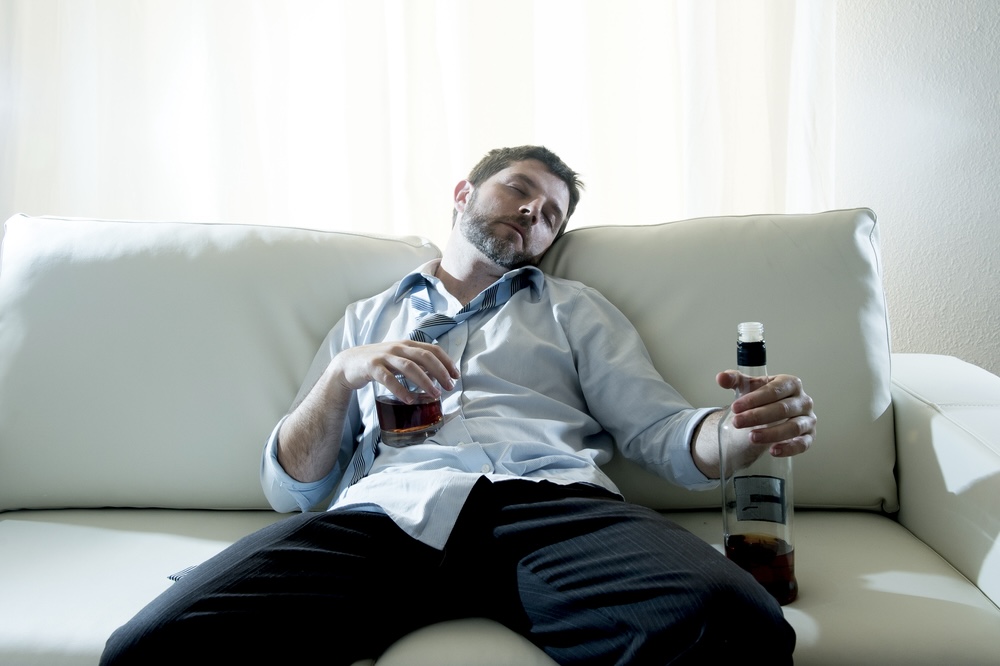My Job is Driving Me to Drink! How to Handle Work-Related Stress and Alcoholism
Work-related stress can take a toll on our mental and physical health, often leading individuals to turn to unhealthy coping mechanisms such as alcohol. If you find yourself reaching for a drink at the end of a long workday more often than you'd like, it may be time to address the root cause of this behavior.
In this blog post, we will explore strategies to help you control your alcohol intake and manage work-related stress in a more healthy and sustainable way.
Contact Us Today for a Confidential Assessment.
Call (877) 959-5909 Now to Speak with a Specialist
Establish clear boundaries between work and your personal life
One of the first steps in managing work-related stress is learning how to clock out and leave work at the office. For instance, imagine you’ve had a particularly stressful day filled with meetings and deadlines. When you get home, resist the urge to open your laptop to check emails or take work calls. Set clear boundaries around your work hours and communicate these limits to your colleagues. For example, let your coworkers know that you won't be available after 6 PM.
Similarly, consider creating a dedicated workspace at home that you physically leave when your workday ends. If you work from the kitchen table, pack up your work materials and store them away each evening. This physical act of packing up can signal to your brain that the workday is over.
This clear separation between your professional life and personal life can help reduce feelings of burnout, and ensure that your personal time remains a sanctuary free from work-related stress. Preventing work from spilling into your personal life can also help you avoid negative coping mechanisms like turning to alcohol.
Evaluate what part of your work is driving you to drink
Take some time to reflect on what aspects of your job are causing you stress and leading you to drink. Is it the people you work with, the environment you're in, or perhaps the nature of your job itself? For example, if you find that certain colleagues are particularly demanding or critical, leading to increased stress, it may be worth considering how to manage these interactions better or seeking support from a supervisor.
If you work in an environment where alcohol is readily available, such as in the hospitality industry or certain corporate cultures, it can be challenging to resist the temptation to drink. Similarly, if your colleagues frequently suggest going out for drinks, it might be hard to decline without feeling left out or judged.
In these cases, consider creating coping strategies to remove yourself from these situations. For instance, you could suggest alternative social activities that don't involve alcohol, like going for a coffee or participating in a group outdoor activity. Additionally, having a prepared response when someone offers you a drink can help you decline politely but firmly.
Develop self-care strategies
It's important not to feel guilty about giving yourself time for self-care. Engage in activities that bring you joy and relaxation, whether it's going for a walk in nature, reading a book, or treating yourself to a spa day.
Consider exploring new hobbies like painting, gardening, cooking, or even picking up a musical instrument. Taking care of yourself outside of work can help relieve stress and reduce the urge to turn to alcohol as a way of coping. By investing time in your well-being, you can develop a healthier, more balanced lifestyle.
Seek professional help
If drinking has become uncontrollable and is impacting your daily life, it may be time to seek professional help. Consider reaching out to a therapist or counselor who specializes in addiction treatment. These professionals are trained to provide support, guidance, and a comprehensive range of resources tailored to your specific needs.
They can help you address underlying issues contributing to your alcohol use, such as stress, trauma, or mental health conditions, and work with you to develop healthier coping mechanisms. In addition to one-on-one counseling, you might also benefit from support groups, holistic therapies, and structured programs designed for long-term recovery.
Best alcohol abuse treatment in Anaheim, CA
At Anaheim Lighthouse, we understand that alcohol abuse is not a choice, but rather a disease that requires comprehensive treatment. Our alcohol rehab center offers evidence-based therapies and holistic approaches to help individuals overcome their addiction and build a foundation for lasting recovery.
Don't let alcohol overwhelm your life and risk your career. Reach out to us today and win over alcohol addiction.
















